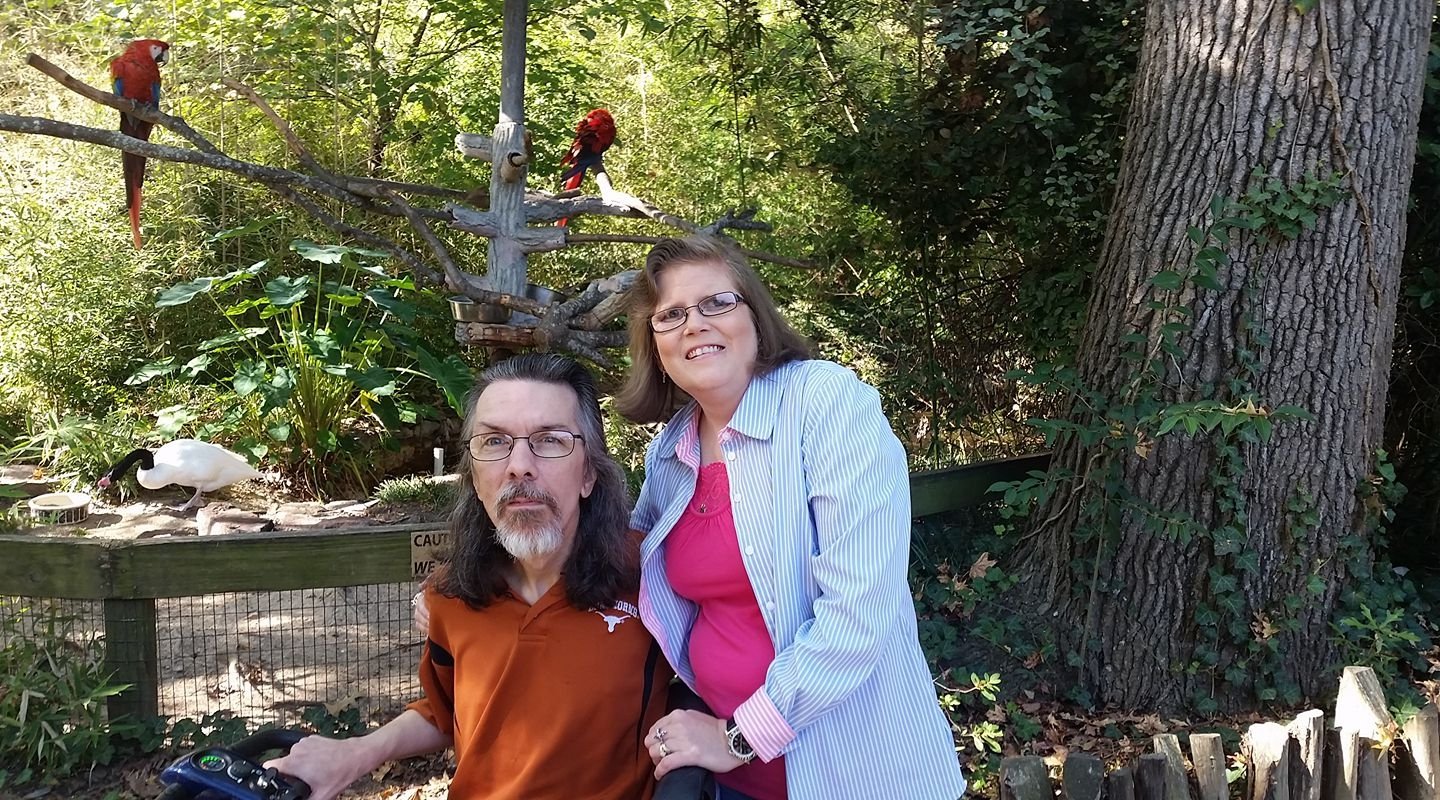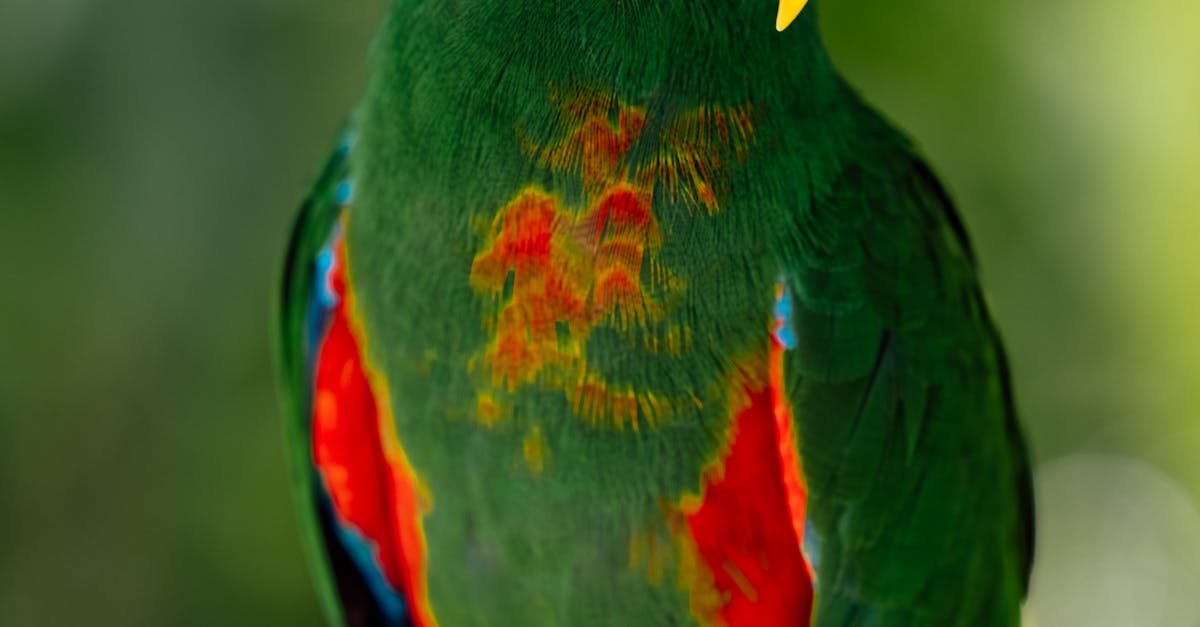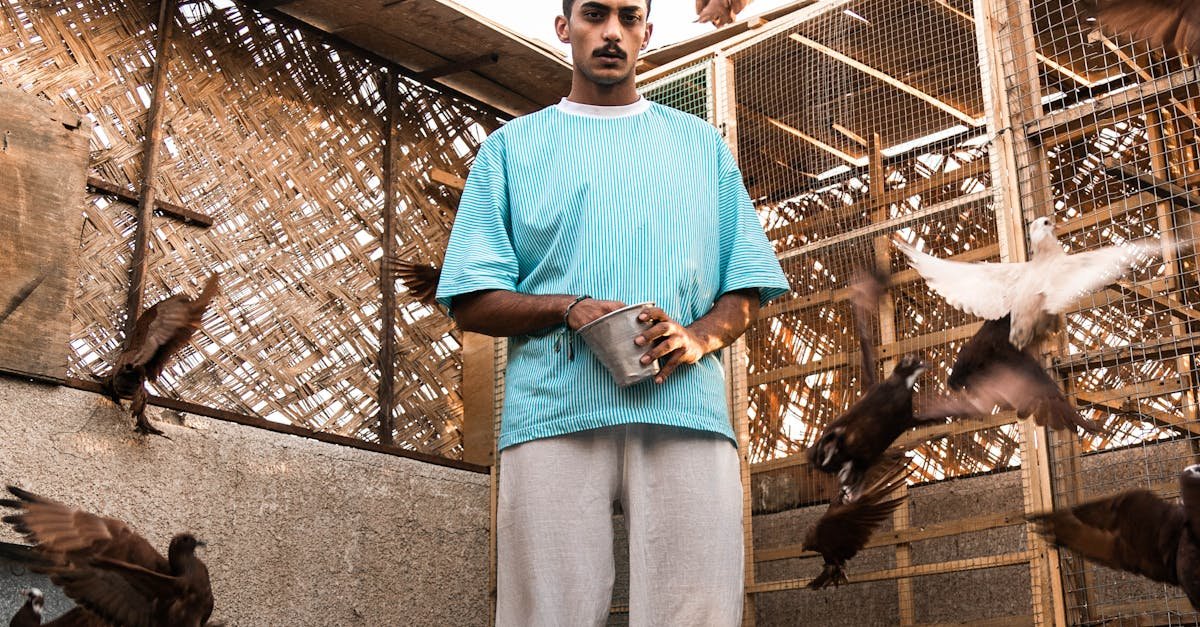Uncontrolled Exposure to Temperature Changes
Cockatiels thrive in stable environments where temperature fluctuations are kept to a minimum. Rapid changes in heat or cold can lead to stress, respiratory problems, and even severe health issues for these sensitive birds. It is essential for owners to monitor indoor climates and ensure that their pets are not subjected to drafts, direct sunlight, or extreme temperatures. By creating a consistent environment, cockatiels can feel secure and comfortable in their homes.
Maintaining a temperature range between 65°F and 80°F is ideal for cockatiels. This ensures they remain healthy and happy without the risks that come from exposing them to harsh conditions. Using a thermometer can help bird owners keep track of the temperature in their living spaces. If heating or cooling systems are in use, it is crucial to avoid placing cages near vents or windows where drafts might occur. A calm and controlled environment contributes significantly to the overall well-being of these social companions.
Get more info by visiting this post.
Ideal Temperature Ranges for Cockatiels
Cockatiels thrive in stable environments where temperatures are kept between 65 and 80 degrees Fahrenheit. Sudden changes can cause stress, leading to potential health issues. Owners should be mindful of areas in the home that may experience drafts or significant heat fluctuations. Maintaining a consistent climate is essential for the well-being of these sensitive birds.
Monitoring the humidity level is equally important, as cockatiels prefer moderately humid environments. Extremely dry air can lead to respiratory problems, while overly humid conditions may stimulate mold growth. Providing proper ventilation and using humidifiers when necessary can create a healthier atmosphere for your feathered companion.
Using Harmful Cleaning Products
Many household cleaning products contain chemicals that can be harmful to cockatiels. Items such as bleach, ammonia, and certain air fresheners release toxic fumes that may lead to respiratory issues or even fatalities in birds. Given their sensitive respiratory systems, cockatiels are particularly vulnerable to airborne irritants. Cleaning areas where your bird spends time requires a cautious approach to protect their health.
Alternatives are essential for ensuring a safe environment for your pet. Opt for bird-safe cleaning solutions that are free from harsh chemicals. Vinegar, baking soda, and mild dish soap are excellent choices for cleaning surfaces. Always ensure the area is well-ventilated during and after cleaning, allowing any lingering odors or vapors to dissipate before your cockatiel returns. Taking these precautions can contribute significantly to the well-being of your feathered companion.
Safe Cleaning Methods for Bird Owners
Maintaining a clean environment for your cockatiel is essential for its health and well-being. When it comes to cleaning, opting for bird-safe products is crucial. Avoid those containing bleach, ammonia, or other toxic substances. Instead, consider using natural cleaners such as vinegar mixed with water or baking soda. These are effective for disinfecting surfaces without posing a risk to your pet. Always ensure that any area cleaned is well-ventilated and that your bird is in a safe distance during the process.
In addition to using safe cleaning products, focus on routine cleaning practices that prevent build-up of waste and bacteria. Regularly change the bedding or substrate in the cage and clean food and water dishes daily. Any toys or perches should also be cleaned frequently using the same natural solutions. Once the cleaning is done, give everything ample time to dry before allowing your cockatiel to return to its space. A tidy environment not only keeps your bird happy but also minimizes health risks.
Forcing Unwanted Interactions
Every cockatiel has its own personality and comfort zones. Some may enjoy being held or cuddled, while others prefer to observe from a distance. Forcing an interaction when a bird is clearly uninterested can lead to stress and anxiety. Recognizing the signs of discomfort, such as fluffed feathers, biting, or attempting to escape, is crucial for maintaining a healthy relationship with your pet.
Understanding your cockatiel’s body language is essential. Providing space when your bird seems withdrawn or agitated can help build trust. Gradual, positive interactions are more effective than sudden attempts at closeness. Allowing the cockatiel to approach you on its own terms fosters a bond based on mutual respect and comfort.
Recognizing When Your Cockatiel Needs Space
Cockatiels, like many pets, have their own comfort levels when it comes to social interaction. They may exhibit certain behaviors that indicate the need for space, such as retreating to the far end of their cage or avoiding eye contact. If a cockatiel fluffs up its feathers or turns its back on you, these signals suggest it might be feeling overwhelmed or stressed. Understanding and respecting these cues can help ensure a more harmonious relationship.
When a cockatiel pecks at your fingers or vocalizes loudly, it often signals discomfort. Observing these signs is crucial, as forcing interaction during such times can lead to anxiety or aggression. Allowing the bird some alone time helps build trust. Gradually reintroducing interaction when the cockatiel appears more relaxed can foster a positive environment that supports its well-being.
Be sure to check out The Complete Guide to Wild and Pet Bird Care: Tips, Products, and Resources
FAQS
What temperature is ideal for cockatiels?
Cockatiels thrive in temperatures ranging from 65°F to 80°F (18°C to 27°C). It’s important to avoid exposing them to extreme temperature fluctuations.
Can I use regular household cleaners around my cockatiel?
No, many household cleaners contain harmful chemicals that can be toxic to cockatiels. It’s best to use bird-safe cleaning products or natural alternatives.
How can I tell if my cockatiel is stressed from too much interaction?
Signs of stress in cockatiels can include fluffed feathers, aggressive behavior, or attempting to escape. If you notice these signs, it’s best to give your bird some space.
Is it safe to let my cockatiel roam freely in my home?
While it’s generally safe, you should ensure that your home is bird-proofed and free of hazards, such as open windows, toxic plants, or small objects that could be swallowed.
What should I do if my cockatiel shows signs of illness?
If you notice any signs of illness, such as lethargy, changes in eating habits, or abnormal droppings, contact a veterinarian who specializes in avian care as soon as possible.
Related Links
The Ultimate Guide to Owning a Cockatiel
How many days can a cockatiel be left alone?
Do cockatiels like to be held?
How to care for a cockatiel for beginners?
What do cockatiels love the most?
Is it OK to spray a cockatiel with water?

My name is Shane Warren, the author behind Chirping Birds Hub – your ultimate guide to the wonderful world of birds! Unleash your inner avian explorer as we delve into a vibrant library of knowledge dedicated to all things feathered. From learning about diverse bird species from across the globe to understanding their captivating habitats and behaviors, I’m here to fuel your passion for these magnificent creatures. Not only that, but I also provide valuable insights on being a responsible and informed pet bird owner. Join our vibrant community and let’s celebrate the feathered wonders of the world together – one chirp at a time.



